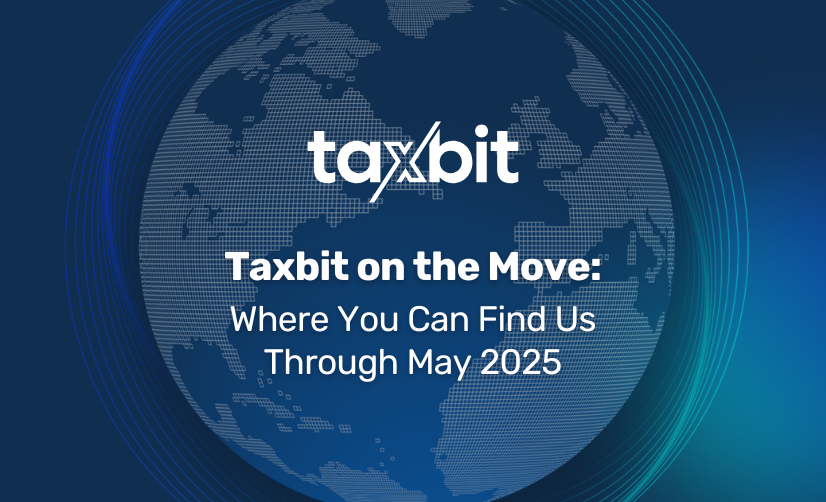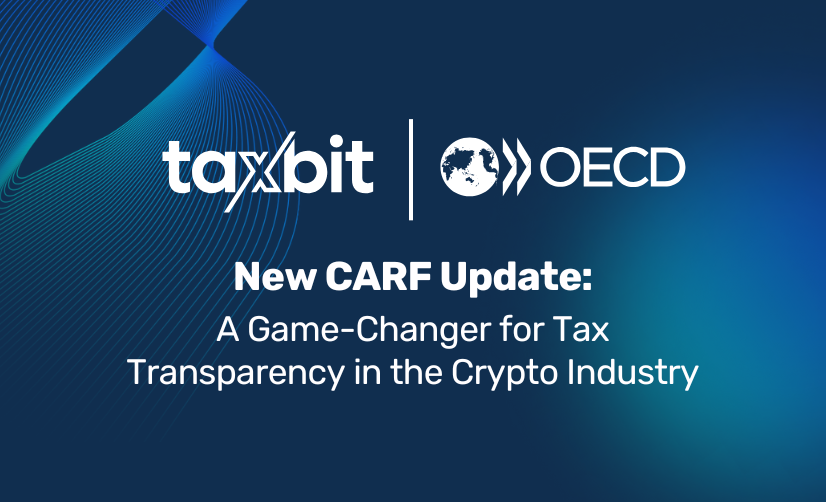Overview
Brazil is aligning with global digital asset landscape trends by introducing significant regulatory changes. In November 2024, the Brazilian Federal Revenue Service released a public consultation as part of its adoption of the OECD’s Crypto-Asset Reporting Framework (CARF).
The proposed regulation seeks to revise Normative Instruction 1888/2019, enhancing the reporting requirements for crypto assets. This effort complements broader regulatory initiatives, including the Brazilian Central Bank’s (BCB) November 2024 public consultations on Virtual Asset Service Providers (VASPs).
The draft rule is designed to meet international standards for combating tax evasion, money laundering, and the financing of terrorism. To strengthen compliance, it incorporates the Financial Action Task Force (FATF) guidelines, particularly the “Travel Rule.”
Below is a timeline highlighting key milestones in Brazil’s legal and regulatory developments for digital assets:
| Year | Regulatory Developments |
| 2019 | The Brazilian Federal Revenue Service (FRS) issued Normative Instruction No. 1,888, requiring that Brazilian crypto exchanges report transactions monthly and annually, while individuals using foreign exchanges or making transactions without intermediaries (example: DEX, self-custody) must report transactions exceeding R$ 30,000. |
| 2023 | March: The FRS clarified the requirements for declaring cryptocurrency transactions, emphasizing the obligation to report various operations. While individuals operating with foreign VASPs or P2P / DeFi transactions are only required to declare transactions that surpass R$ 30,000, VASPs operating in Brazil are required to declare all transactions carried out by their clients and their own. November: President Luiz Inácio Lula da Silva signed federal Law 14.754 creating a different regime for “foreign crypto assets”. The income tax is levied at a fixed tax rate of 15% on income from crypto assets held abroad by Brazilian citizens, effective January 1, 2024. Since 2024, there are two regimes: (i) national taxation regime, for self-custody and crypto assets traded on national exchanges; (ii) foreign taxation regime, for crypto assets traded on foreign centralized exchanges. |
| 2024 | March: FRS announced new rules for declaring cryptocurrencies in the 2024 Individual Income Tax, requiring detailed reporting of the types of crypto assets held. June: FRS issued guidelines mandating that exchanges domiciled in Brazil withhold income tax at source, ranging from 15% to 22.5%, on earnings from “temporary assignment of crypto assets”. November: FRS initiated a public consultation to update Normative Instruction No. 1,888, aiming to establish the “Declaração de Criptoativos” (“DeCripto”), which closes for comments by December 2024. |
| 2025 | February: FRS has anticipated its intention to finalize and publish the final rules, following the public consultation. These rules are expected to enhance transparency and align Brazil with global standards for combating tax evasion. May: per the draft, the new rules are set to take effect. |
Key Elements of Brazil’s Federal Revenue Service Crypto Tax Proposal
As the global regulatory landscape for digital assets evolves, Brazil is taking significant steps to enhance crypto tax compliance. The Brazilian Federal Revenue Service’s November 2024 public consultation introduces substantial updates to reporting obligations, aligning with CARF and other international standards like the FATF guidelines, including the ‘Travel-Rule’.
This proposal, which revises Normative Instruction 1888/2019, focuses on expanding the scope of reporting and increasing reporting complexity. Below are the key elements of the proposal and its implications for VASP’s
1. Expanded Scope for Reporting Obligations
The proposed rule significantly broadens the scope of entities and transactions subject to reporting requirements:
- Increased Reporting by Brazilian Entities and Residents:
Crypto-asset service providers domiciled in Brazil must report detailed data to the Federal Revenue Service. Brazilian residents and entities transacting through foreign providers, decentralized platforms, or directly (P2P) are also required to report transactions exceeding R$30,000 monthly. - Newly Included Activities:
- Staking and Yield Farming: Income from staking rewards and yield farming must be reported.
- Complex Transactions: Activities like airdrops, loans, and decentralized finance (DeFi) operations are now within scope.
- DeFi Protocols: Reporting requirements extend to users that make transactions through decentralized platforms that operate without significant influence over distributed ledger technologies or smart contracts.
- Comprehensive Transaction Types:
The regulation will mandate reporting for a wide array of activities, including purchases, swaps, donations, transfers, payments in kind, staking rewards, fractionalization of NFTs, and more.
2. Enhanced Client Data Requirements and Self-Declaration
In line with FATF’s “Travel Rule,” the regulation emphasizes transparency by requiring VASPs to:
- Collect and report detailed client information, including controlling, even for foreign or cross-border transactions.
- Implement systems to track complex chains of custody and ownership.
Obtain self-certification documents from users, mandating as name, address, tax domicile, CPF or CNPJ numbers as applicable, and other information.
This approach aligns Brazil with global anti-money laundering (AML) and know-your-customer (KYC) standards while increasing accountability in crypto transactions.
3. Increased Reporting Complexity
The proposal raises the bar for reporting obligations by requiring:
- Detailed monthly Transaction Reporting: Comprehensive monthly reporting of transaction dates, types, values, and parties involved, down to the tenth decimal place for crypto-to-crypto and fiat-to-crypto trades.
- Account holder data: Full disclosure of wallet holders’ identities, including tax identification numbers, and details on controlling individuals or representatives.
- Collateral and Asset Origin Documentation: Reporting on assets used as collateral, staking rewards, mining income, and other transfers like airdrops or loans.
- Purpose of Transactions: VASPs must document the intended purpose of each transaction, such as purchases, loans, or service payments.
- Annual Balances: Year-end reporting of users’ fiat and crypto balances, including acquisition costs in Brazilian reais.
This granularity demands robust internal systems, compliance tools, and secure data transmission processes to meet the Federal Revenue Service’s requirements.
Anticipated Challenges for VASPs
The proposed regulation poses several challenges:
- Self-Certificate Deadlines: VASPs must have implemented the appropriate TIN registration process for all new customers by May 2025, with a 12-month window for obtaining self-certification documents from existing customers.
- Data Collection and Due Diligence: Enhanced AML/KYC procedures and rigorous client data verification will require significant operational adjustments.
Conclusion
The Brazilian Federal Revenue Service’s proposal demonstrates its commitment to aligning domestic crypto taxation with global standards. By expanding reporting obligations, , and enforcing more detailed disclosures, the regulation aims to enhance transparency and accountability in the crypto market.
As the industry adapts, stakeholders are encouraged to participate in public consultation to help shape these regulations. For VASPs, compliance will require technological innovation, strong reporting tools, and expert guidance.
Taxbit is ready to support Brazilian businesses in meeting these new regulatory requirements with cutting-edge solutions designed to simplify compliance and ensure seamless reporting.








